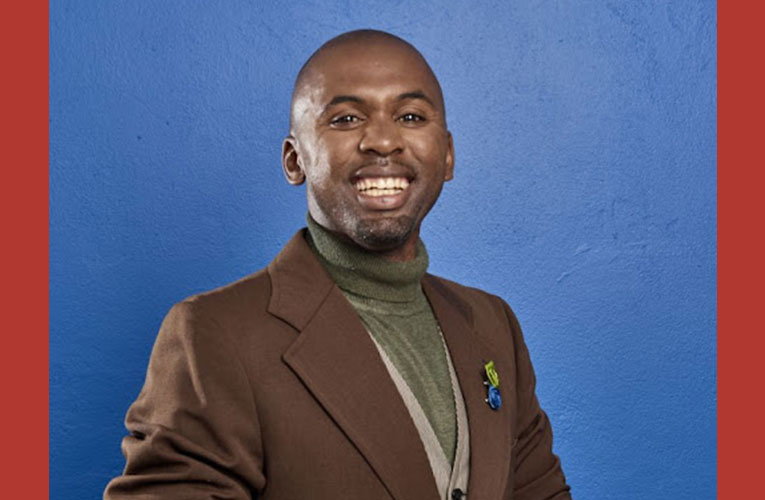Social media presence for artists is essential because digital space is our new normal
By Ismail Mahomed

On a Facebook post on Tuesday, 8 February 2022, dancer / choreographer Musa Hlatshwayo Musa wrote, “The Playhouse’s Application form for their artistic programmes has been revised to include a section that asks the applicant to list all their social media handles and the number of followers they have on each handle. I would be interested to hear some thoughts around this.”
Musa received several responses from artists that bordered on outrage about the application form requirement.
I am not writing to defend or to slate the The Playhouse Company’s application form but I am simply putting down information that is necessary for artists to consider:
1. Artists / arts administrators who work with international funding applications will know that it is a recent trend — at least two years now — that some funders have been asking for the same details. The notion is that arts companies should be using their social media platforms to deepen audience engagement for the work that they produce. A most recent example is the Africa No Filter fund which also requested applicants to submit their social media info. By asking for social media info is the Playhouse Theatre wanting to assess how the work that they stage /fund can deepen audience engagement through social media?
This is not clarified on the application form and perhaps a question that should have followed on the application form should have been:“How do you foresee your funded project deepening audience engagement on your social media platforms?
As the digital space becomes entrenched in all our lives artists cannot ignore that most institutions that part with any of their monies for whatever reason will be interested in the returns and value that they receive on social media. This is more so because arts institutions can hardly depend on the print media for major coverage.
On another note:
There are important considerations in terms of the Protection Of Personal Information Act (POPIA) that matter:
– the Act also refers to how social media information is collated, distributed and destroyed as well to what constitutes infringement of the Act if personal information is used for marketing purposes. Does the Playhouse Theatre’s application form have a statement to this effect? In terms of the Act it is required to have such a statement.
– the Act is clear that a person’s personal information cannot be used for marketing purposes without the person’s consent. In other words, any kind of promotional content that is marketed on social media platforms and on that of your followers without your consent is not compliant with the Act. An application form should state that you agree to the organisation posting content in your news streams.
At the Centre for Creative Arts at the University of KwaZulu-Natal we request artists to provide us with their social media handles only after we have confirmed their participation in any of our festivals. We inform them of the purpose of requesting their social media handles. We tag them only on posts that are relevant to them and their followers. We protect and do not distribute their details to third parties without their consent. Where necessary we follow the Act in terms of how personal information “after its use” is archived or shredded.
As the digital space becomes an integral part for not only how art is created on it but also for how the arts will be marketed on these platforms it is necessary to have these conversations in the arts sector so that everyone understands intent, rules, laws, hindrances, challenges, advantages, spin-offs and outcomes. Your rights and responsibilities as an artist as well as that of the funding party matter in terms of the new Act.
Musa’s question should be a provocation to determine how artists will have to adapt, function, sustain their work, attract funding support etc because the digital space is our new normal even in the business of the arts. There’ll be learning curves for artists and managements as we all adapt to the new normal.










